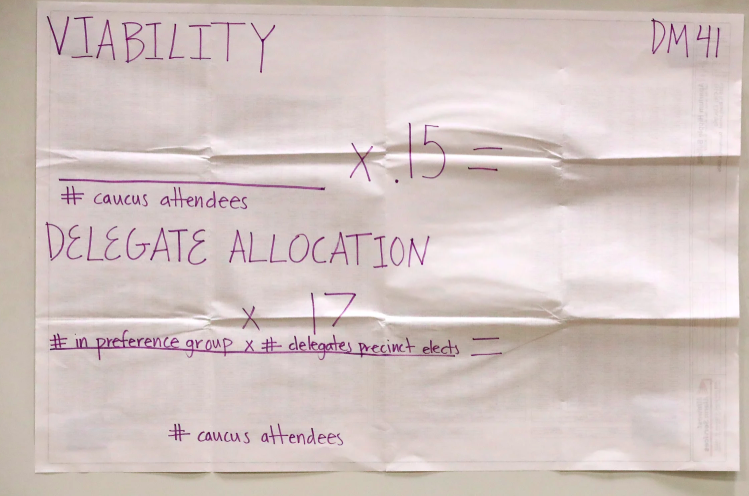3 News Stories You Should Read Today – 3/17/2018
McCabe says his Russia probe work sparked smear campaign before firing
The former FBI deputy director also calls his ordeal ‘personally devastating.’
“But at some point, this has to be seen in the larger context,” said McCabe, 49, who says he has voted for every Republican presidential nominee until he sat out the 2016 contest entirely. “And I firmly believe that this is an ongoing effort to undermine my credibility because of the work that I did on the Russia case, because of the investigations that I oversaw and impacted that target this administration.”
“They have every reason to believe that I could end up being a significant witness in whatever the special counsel comes up with, and so they are trying to create this counter-narrative that I am not someone who can be believed or trusted,” McCabe added. “And as someone who has been believed and trusted by really good people for 21 years, it’s just infuriating to me.”
MUELLER’S CALCULATED STRIKE AGAINST THE TRUMP ORG SHOWS HIS STRATEGY IS WORKING
In sanctioning Russia, the White House has ostensibly insulated the special counsel just as he decimates Trump’s “red line.”
If Robert Mueller was listening when Donald Trump declared that digging into his finances would represent “a violation” of his privacy, the special counsel appears not to have been intimidated. Last month, CNN reported that Mueller has been investigating the president’s business dealings in Russia. On Thursday, The New York Times revealed another major escalation: the special counsel has subpoenaed the Trump Organization for documents, including some related to Russia. Months earlier, the subpoena might have provoked an angry response from the president. But Trump, despite his past intimations about shutting down Mueller’s probe, has held back from making any public move in retaliation.
A philosopher explains why addiction isn’t a moral failure.
We tend to view addiction as a moral failure because we are in the grip of a simple but misleading answer to one of the oldest questions of philosophy: Do people always do what they think is best? In other words, do our actions always reflect our beliefs and values? When someone with addiction chooses to take drugs, does this show us what she truly cares about — or might something more complicated be going on?
These questions are not merely academic: Lives depend on where we come down. The stigma against addiction owes its stubborn tenacity to a specific, and flawed, philosophical view of the mind, a misconception so seductive that it ensnared Socrates in the fifth century BC.
Photo by Glen Carrie on Unsplash





